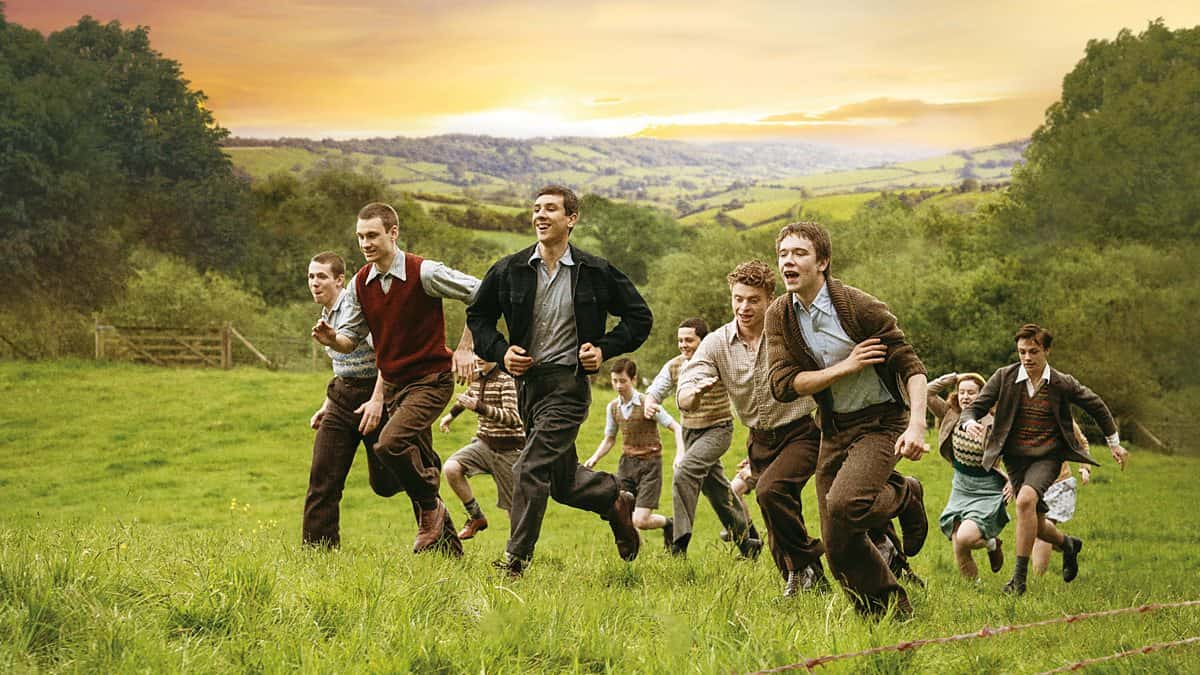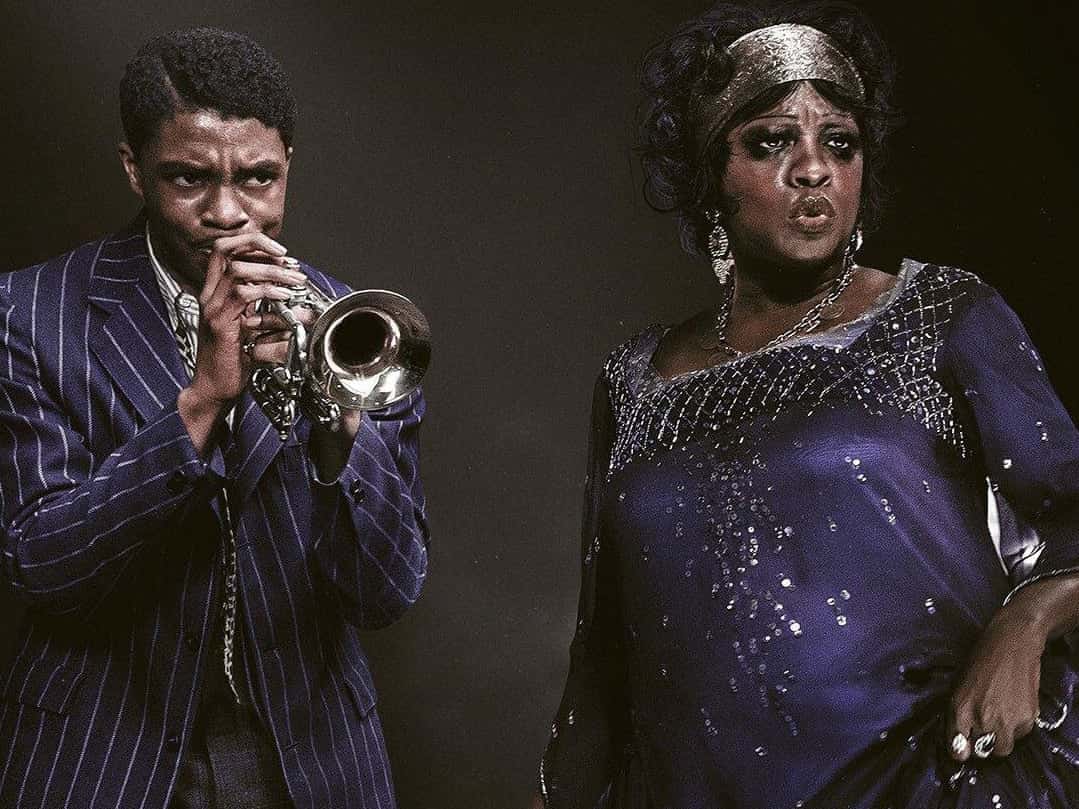Movie Review: The Windermere Children
16th February 2021
Copyright: BBC
Audiences will find that there is no shortage of period pieces that tackle the patriotism and pain tightly associated with the Second World War. A period of renaissance was surprising, but somewhat inevitable. It is a dependable market for the slightly older generation, who are not old enough to remember the struggle, but are of an age where they kindle the spirit of that dying camaraderie. The Windermere Children is of the more palatable variety, where that iconography blurs into a story that is successful in not just portraying this period of world history, but also of engaging with a pocket of individuals who had yet to make their way to the inevitable big-screen adaptation.
Helmed by director Michael Samuels, he and his formidable cast go about deconstructing the expected stylings of the genre. They do so with relative ease and imagine a more engaging story, one that pays dividends in subject matter and performance. Detailing the heroic efforts of a rehabilitation centre for child survivors of the Holocaust, The Windermere Children paints the scene with respect and responsibility. A troupe of kids transported to an unfamiliar land, suddenly faced with the prospect of integrating into a sleepy, lakeside town that, for an outsider, must be brutal and terrifying. Proposing a strong theme of isolation, Samuels can elicit strong emotion from recognisable performers Thomas Kretschmann and Romola Garai.
But recognition of person is different to identification of character. Kretschmann and Garai make up a strong backdrop to the real strengths of the narrative. Performers that find themselves faced with the task of impressing on their first dive into the spotlight. They do so with great ease and an elegance lacking in some of the most established workhorses of the day. Highlighting their abilities well are brief flutters of support from Tim McInnerny and Iain Glen. Again, the key to bringing any new actor into the fold is giving them the best chance of success, which is the purpose of the identifiable crew Samuels has assembled here.
It brings comfort to an audience to see people they have heard of and hear stories that are either close to their heart or similar to the themes that dominate their lives. History is a part of Britain as much as fish and chips or snide remarks, and The Windermere Children, despite using only the location and a few British characters, will wrap itself around the hearts of any audience member. Breaking through the gluttonous treatment of the Second World War is no small feat, but to do it in a style that offers artistic merit and a comfortable story as dependable as the rounded cast is a remarkable achievement. Samuels picks his moments of flair and encouragement to his newer, budding actors well, paying dividends of quality and comfort in a period audiences love to see and hate to hear.
![]()


